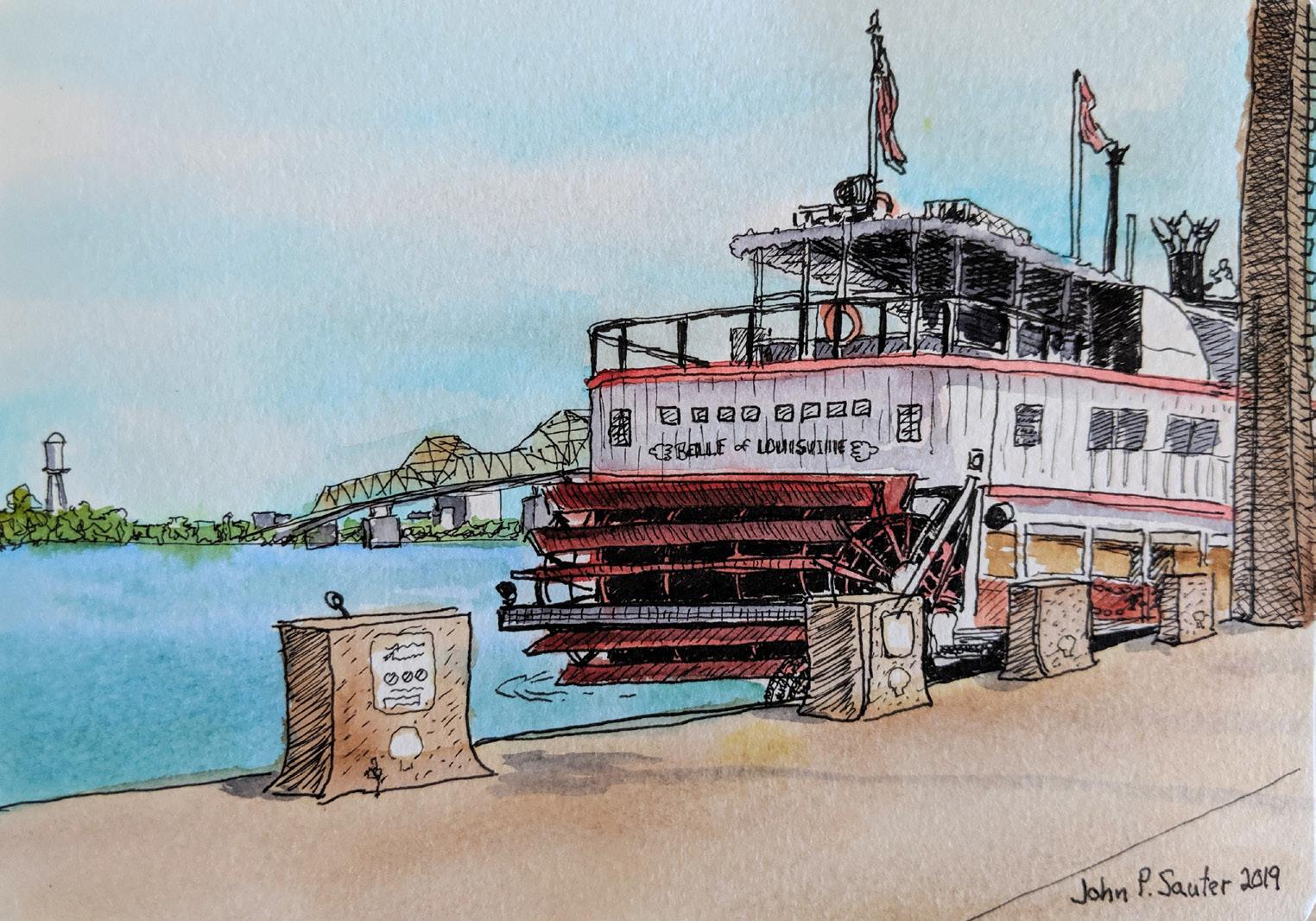
2 minute read
Not So Great Expectations
Not So Great Expectations Claire Wanzer
Writing Studies sounds like the study of J.K Rowling or Moby Dick. If I had to pick a logo for writing studies, it would be a straight mustard yellow pencil, with a dull pink eraser on one end and a sharp black triangle point on the other. Writing studies smells like grammar—like the bitter coffee breath of my 6th grade teacher explaining conjunction junction, but I can’t for the life of me remember the function. It tastes like a pen cap and Orbit gum that’s been chewed for too long. Writing studies feels like my sweat-sogged in-class essay on wide ruled loose leaf, wet with blurry pencil smudges and smears and words trying very hard to mean something important. Writing studies sounds like the written part of the SAT, a writing sample, or simply an in-depth infatuation with the greatest American writers of all time.
Advertisement
Writing studies conversations go like this:
“I like to write and read. So I will be an English major.”
“And what will you do with that major? Teach English or be a writer?”
“I am not sure. I just know that I’ve always liked my English classes.”
Writing studies teachers wear glasses. It’s a non-negotiable. They quote Shakespeare. They read for fun. God forbid.
The tools of writing studies are: 1. Dictionary, 2. Thesaurus, 3. Back Up Dictionary, 4. Never ending supply of Englishy terms like metonym and predicate and register and anaphora.
Writing studies is only applicable to writers, teachers, writing teachers, and my grandma who insists that grammar in schools must be going downhill compared to back when she was a kid.
But these are merely expectations, stereotypes, limits, and boxes. Writing studies is every day, everywhere, and so much more than a 5-sentence paragraph or subject-verb agreement.
Writing studies is looking a little bit deeper at human interaction— communication, signs, symbols, words, slang, texts, emoji, essays, résumés, tweets, journals . . . the list goes on and on.
Writing studies is more than just grammar; it is an exploration of our lives and how words shape and define, construct and maintain the ways we live. Using critical analysis to understand social norms and power distribution between races, genders, ages through Instagram posts and captioning— writing studies.
Looking to understand why genres are a thing—writing studies.
Diving deeper into the use and reception of different symbols for public bathrooms, road work, and deer crossings—writing studies.
It’s very difficult to say what isn’t writing studies or what can’t be explored through a writing studies lens. Expectations we have from the term constrict writing studies to something narrow and academic, something most people look forward to leaving behind in high school or in a mandatory Writing 100 class.
But embracing writing studies as a pivotal way to explore human nature through words and symbols provides an opportunity to be better, to make strides, and to become a more just, caring, and fair society—that is the true purpose and definition of writing studies.
Too bad it gets so easily written off. No pun intended.



